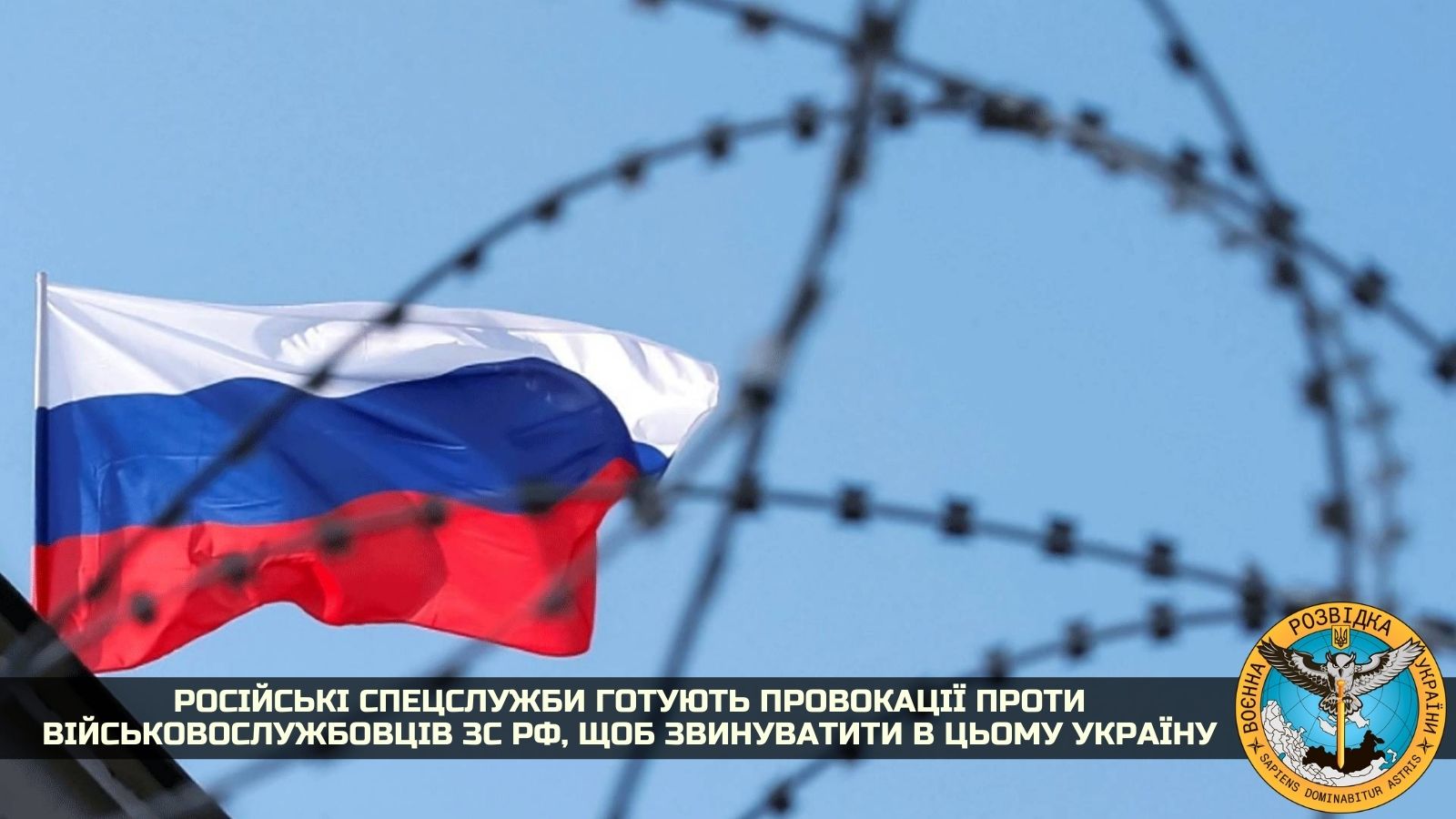US officials and Ukrainian intelligence have warned that Russia is laying the groundwork for an invasion into Ukraine by preparing false-flag operations against its own troops.
Ukrainian intelligence report warns of threat from Transnistria
In a statement published on its Facebook page on 14 January, the Main Intelligence Directorate of Ukraine's Ministry of Defense (GUR) has informed that Russia is planning provocations against the Russian military stationed in Transnistria in order to accuse Ukraine of them:
"The military units of the aggressor country and its satellites receive orders to prepare for such provocations.
According to the military intelligence of Ukraine, on January 13, an official meeting was held in the 3rd Armed Forces of the Armed Forces of the Transnistrian region of the Republic of Moldova, during which the personnel were briefed that provocations from Ukraine are expected in the area of Kovbasna settlement (artillery depots of the operational group of the Russian troops).
There were no orders to bring the brigade to a higher level of combat readiness, but it was stressed that the personnel were ready to perform their assigned tasks 'upon the first order.'
To date, the leave and dismissal of personnel have not been canceled, but commanders / superiors have been ordered to inform their subordinates about the need to arrive at the military unit at the specified signal," GUR wrote.
Information of US intelligence on pretext for possible Russian invasion into Ukraine
On 13 January, speaking at a press briefing, US National Security Advisor Jake Sullivan stated that the US intelligence has information that Russia may be preparing the pretext for an invasion:
"our intelligence community has developed information — which has now been downgraded — that Russia is laying the groundwork to have the option of fabricating a pretext for an invasion, including through sabotage activities and information operations, by accusing Ukraine of preparing an imminent attack against Russian forces in Eastern Ukraine.
We saw this playbook in 2014. They are preparing this playbook again. And we will have — the administration will have further details on what we see as this potential laying of a pretext to share with the press over the course of the next 24 hours."
The following day, more information was shared by US officials.
Speaking to CNN, an unnamed US government official said the US has evidence that Russia has prepared a group of operatives trained in urban warfare and in using explosives to carry out acts of sabotage against Russia's own proxy forces.
The official said that Washington believes Russia could be preparing this false-flag operation for an invasion into Ukraine "that may result in widespread human rights violations and war crimes should diplomacy fail to meet their objectives."
"The Russian military plans to begin these activities several weeks before a military invasion, which could begin between mid-January and mid-February," the official said, as quoted by CNN. "We saw this playbook in 2014 with Crimea."
The official also stressed that Russian influence actors have started priming Russian audiences for an intervention by spreading narratives about an alleged deterioration of human rights in Ukraine and the increased militancy of Ukrainian leaders.
"During December, Russian language content on social media covering all three of these narratives increased to an average of nearly 3,500 posts per day, a 200% increase from the daily average in November," the official noted, CNN reported.
Background
The news came amid a cyberattack against Ukraine that started on the night of 14 January and disabled many government websites. Although posing as a Polish operation, there is indirect evidence that the hackers behind the attack originated from Russia.
Ukrainian official sites under massive cyberattack with a Russian trace
These statements come after a week of unsuccessful talks between Russia and the West over 10-13 January, in which Russia demanded guarantees NATO would withdraw from eastern Europe and that Ukraine would never become a NATO member -- a demand that NATO and the USA rejected, stressing that the door of the Alliance is open to new members.
The only sure outcome of the talks was an agreement that the sides would continue talking.
The meetings were arranged after several months of Russian saber-rattling on Ukraine's borders, which was followed by Russia's demand to stop "NATO expansion."
In December 2021, Russian Defense Minister Sergei Shoigu said that chemical weapons had allegedly been brought to Donbas and that Ukraine was preparing a provocation against the local population. Then the Ministry of Defense of Ukraine warned that such statements from Moscow "at the highest military and political level" may indicate that the Kremlin is preparing a provocation in the Donbas.
Related:
- NATO and Russia agreed to talk more at Brussels talks
- US House Republicans propose designating Ukraine a “NATO Plus” country, sanctioning Nord Stream 2
- Daily review: “Difficult” US-Russia talks on “security guarantees,” Germany arrests hero of war against Russia
- Ukraine will become NATO member when three capitals change their views, Foreign Minister says
- An ultimatum in any language: experts on Russia’s demand that NATO not expand
- Leaders of NATO Quint call on Russia to resume negotiations in Normandy format
- Putin’s offer to “stop NATO expansion”: the reason behind Russia’s month of aggression
- Daily review: Russia demands NATO rescind promise to Ukraine, US to press Ukraine to cede autonomy to Donbas


